Just recently the Scottish Government announced proposals to decriminalise the personal possession of drugs and explore a roadmap to legal regulation. Their proposals show a commitment to treating drugs as a matter of health, rather than a criminal issue. If Westminster were to allow Scotland to move forward with these proposals, we could see a drastic reduction in drug deaths and see Scotland shed the title as the drug death capital of Europe.
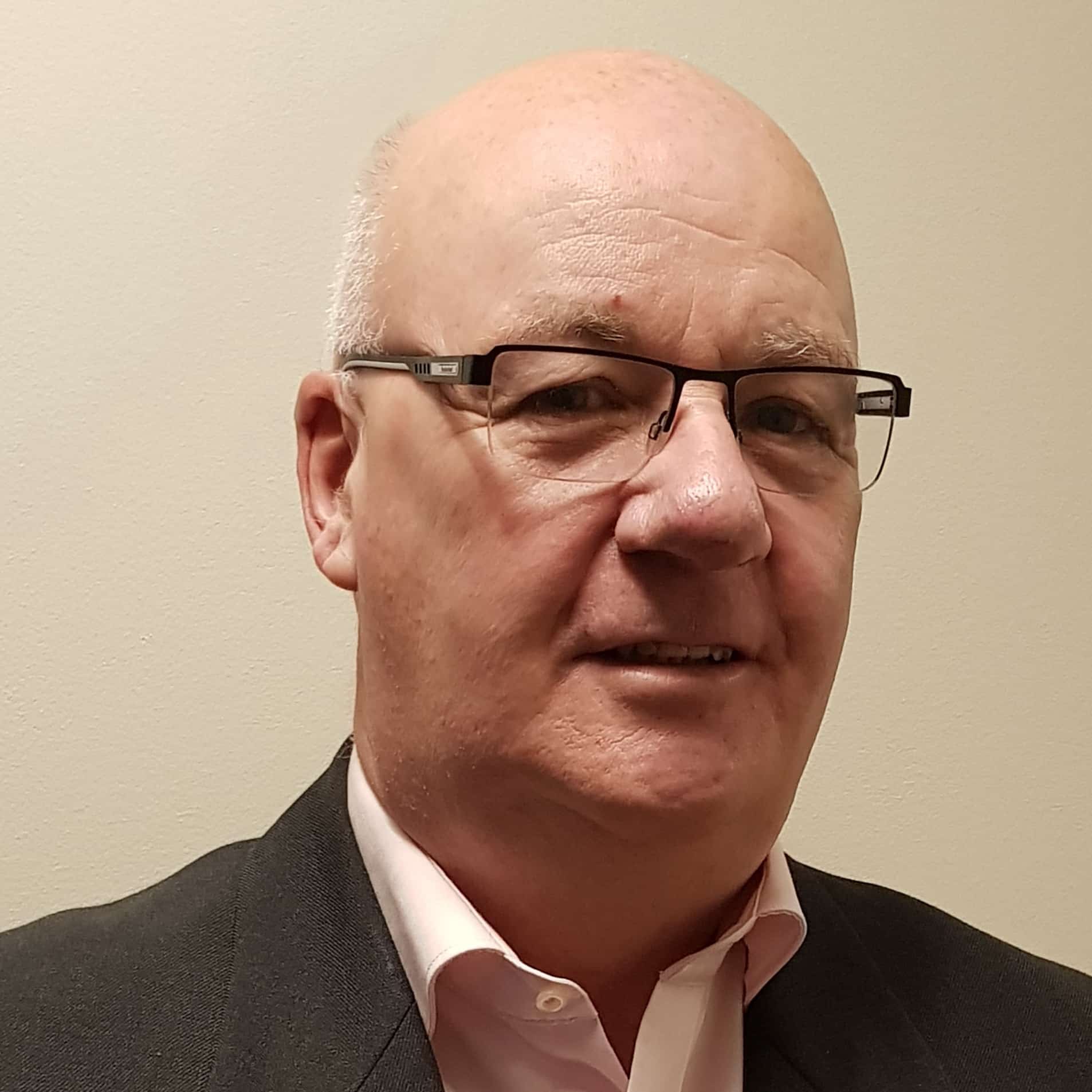 This blog is written by Ian Andrew, a member of Law Enforcement Action Partnership (LEAP) Scotland. LEAP is a group of Police, undercover operatives, intelligence service, military and a range of figures from the criminal justice system who are joining together with communities to bring about drug law reform. Ian writes about how his experiences as a Police Officer led him to campaign for drug policy reform and why he supports the latest Scottish Government proposals.
This blog is written by Ian Andrew, a member of Law Enforcement Action Partnership (LEAP) Scotland. LEAP is a group of Police, undercover operatives, intelligence service, military and a range of figures from the criminal justice system who are joining together with communities to bring about drug law reform. Ian writes about how his experiences as a Police Officer led him to campaign for drug policy reform and why he supports the latest Scottish Government proposals.
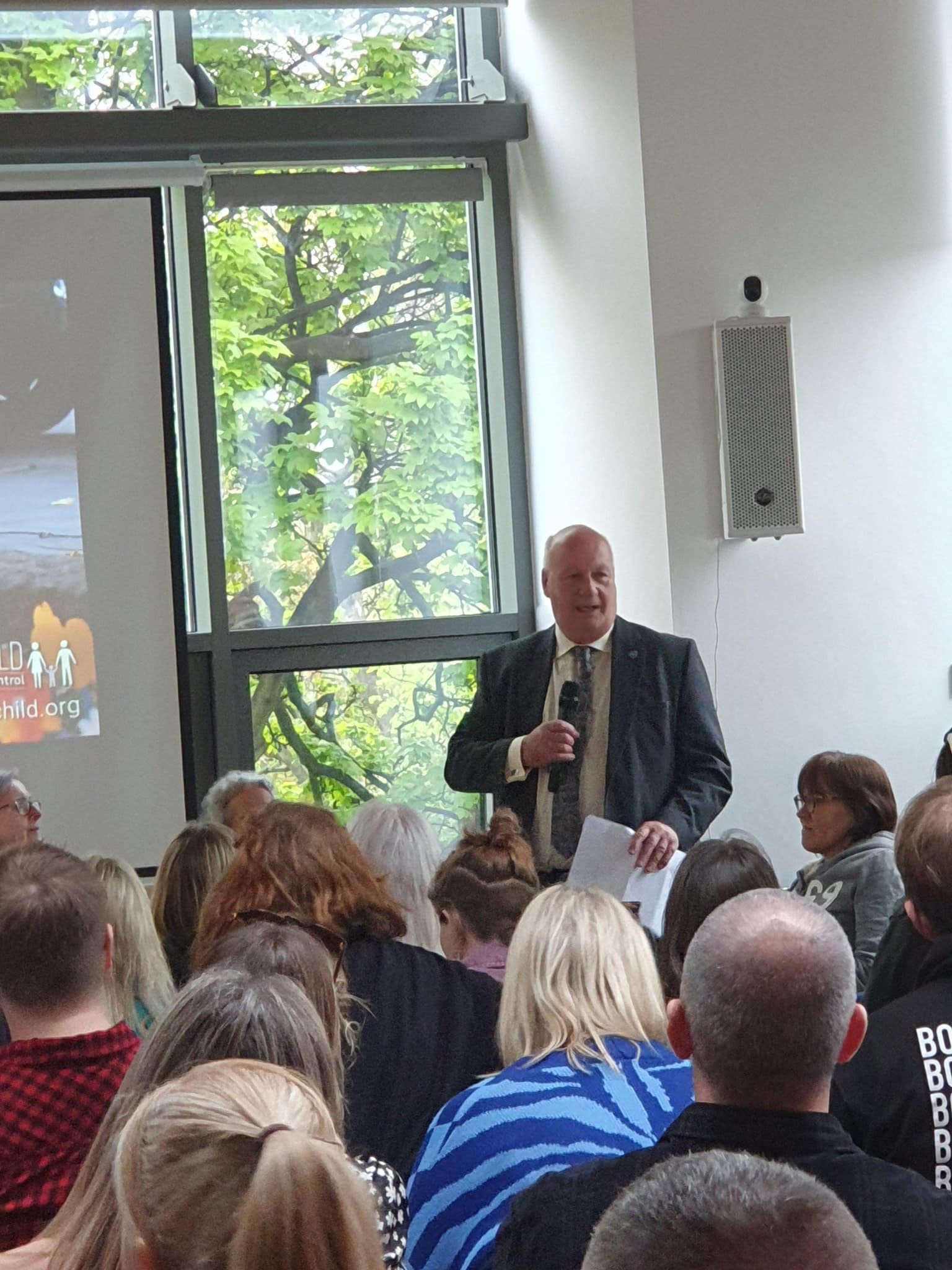
Ian Andrew speaking at our Anyone’s Child event in Edinburgh
In 1976, at the age of 19, I joined Strathclyde Police, I was the man who would make a difference. Five years before, Richard Nixon declared war on drugs and two years after that our present Misuse of Drugs Act came fully into law. Everyone bought into the rhetoric, newspaper and media outlets bombarded us with the message that drugs were the great evil and must be prohibited. By the time I joined the police, the war on drugs was ingrained.
Unfortunately, those policy makers failed to learn from history. Prohibition had failed for alcohol in the States and early drugs legislation had failed. If a product is prohibited and there is a demand, criminal elements supply that demand. The trend started here in the 1920s with early drug legislation, that was a time for the rich, but the Depression increased demand and, after a period of levelling out, it grew again in the 50s and into our swinging 60s.
In the 1970s I grew up isolated from all this. I was aware drugs were bad but had no dealings with them. Peers experimented, I never did, much the same as I never smoked. Ironically, I missed that one because I was a bit of a rebel and refused to bow to peer pressure. Cannabis was a thing, heroin at the edge of my awareness and cocaine for rich people. That was the sum of my knowledge so my first drugs contact was a bit of a shock, not least because of the person I was working with.
My senior constable was an ex-soldier who had joined the police and was getting close to his 30 years, I had a total of five days. He had seen it, done it and earned the T-shirt, me, not so much. We were sent to a male threatening to jump from a building which turned out to be a young man going through a bad LSD experience. Suffice it to say my colleague dealt with it and saved a life but, as we locked this soul in a cell and walked away, he turned to me and said, “This isn’t the place for that laddie, he needs help”. This man who I had already placed on a pedestal, not a newspaper, not a law book, someone who had ‘been there’ was telling me the policies weren’t working. His words stuck.
By creating a drug “Problem” we have desensitised society to the fact that this is about individuals. Drugs are not an illness; they are a symptom. I have seen humanity at its best, its worst and its most vulnerable. I have broken down the door to find that person no one had missed for days or even months. I told parents their child would not be coming home and watched their world fall apart. I stood with a doctor telling the parents of a 15-year-old child there was nothing he could do to save their daughter. I removed the driver from a car who killed a young father while under the influence of drugs and tried to explain to a family how it could happen. I spoke with colleagues who struggled with their empathy and who were fighting their own demons. I often used alcohol to numb those feelings for a little while and I will never, ever, forget the face of grief. I have seen too many people who will never realise their potential and those who live with inconceivable loss because we, as a society, screwed up.
It is long past time we admit the war on drugs failed and it is long past time we wrested control from the criminals who infest society and prey on the vulnerable. The 1971 Act brought the term “controlled drug”, but we never achieved control. We now seem incapable of learning from our peers. Other countries adopt policies that achieve improvement, I can’t say they have come up with the solution, but they try while we continue doing the same thing and expecting a different result, it is a special form of madness. Politicians talk the talk but make party decisions continuing the status quo, they don’t want to lose votes and public opinion hasn’t shifted sufficiently. How can it, if we still roll out the same narrative, stigmatise the victims, use terms which criminalise and belittle as part of our everyday speech?
We have a police service enforcing laws that don’t work and increasing numbers of their members admit that. In my time police officers seldom saw positive outcomes from their actions on drugs, they arrested the same person week after week until they attended the sudden death but, in Police Scotland that is changing, and attitudes are changing. Most do join to make a positive difference and now, in a small way, they can see that in relation to drugs.
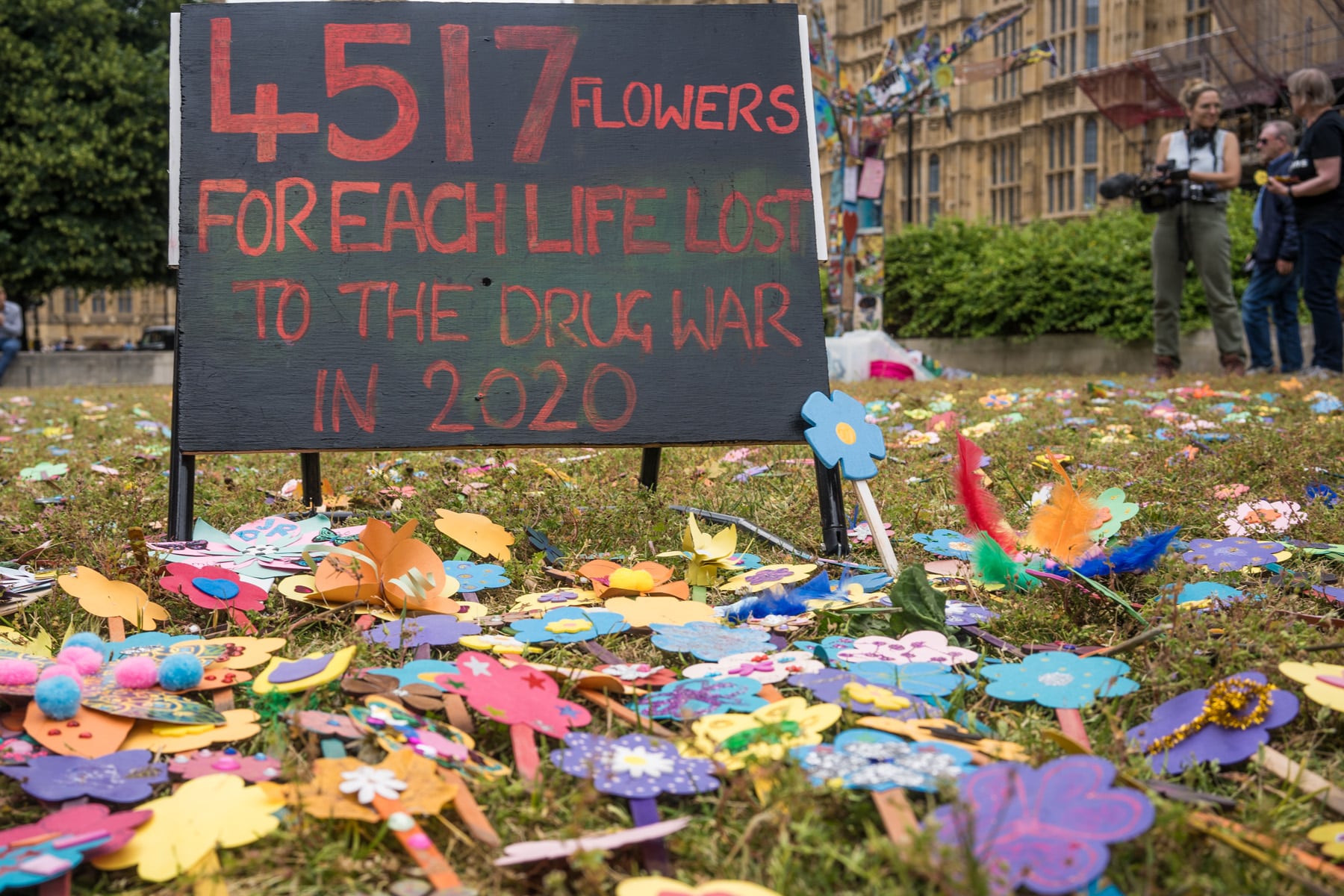
A flower for each life lost. Nigel Brunsdon Photography
LEAP is an international body drawing on thousands of years of policing experience across the globe and we advocate change. The decriminalising of drug use is a step in achieving that. As a society, we have criminalised, stigmatised, and condemned individuals to suffer, afraid to seek help when they need it. We support safe consumption rooms, heroin as treatment and drug testing, all those will reduce a horrendous death rate and have been tested, but none stands alone and all need to be properly funded. Why shouldn’t someone attend a safe place, receive clean medication, and leave all the paraphernalia safely within that place? The potential benefits are huge. Reduced demand on health services, criminals denied their market and, most importantly, saved lives. Politicians across parties tell us we are dealing with a health emergency, well I know how to attend an emergency, you do it as quickly as you can and deal with it effectively. What you don’t do is drag your feet and bicker about the cost of getting there.
The narrative is still that drugs are the root of all evil and those who take them are failures, unless, of course, they are a wealthy male celebrity when they are a “bit of a lad”. Until we change the narrative we will not move forward, and everyone here has their part to play in that. We can no longer be bystanders, we must challenge outdated perceptions and attitudes, we must stop the deaths.

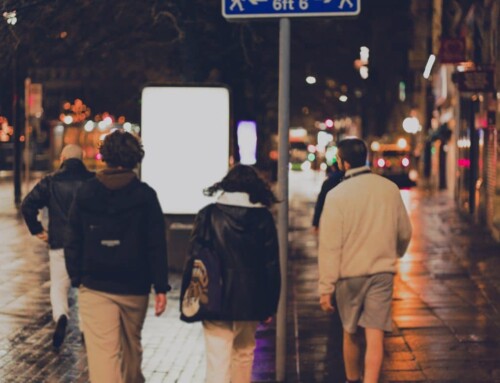
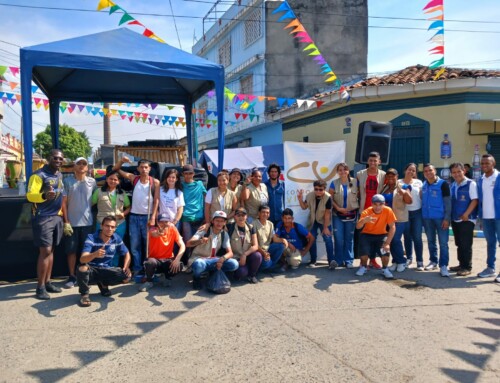
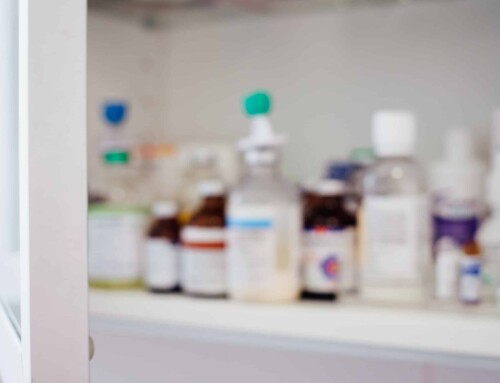

Leave A Comment